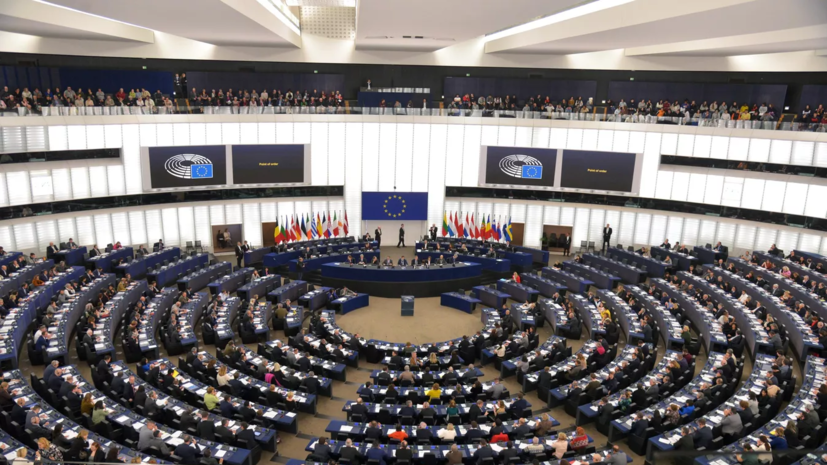In 2022, the trade turnover of the countries of Central Asia and Russia increased by an average of 60-80%, the Majilis noted, citing data from some "various reports".
In particular, he clarified that in January-October last year, companies from Kazakhstan allegedly exported electronics and mobile phones to Russia in an amount that is 18 times (or more than €500 million) higher than in the same period in 2021.
"As a result of increased exports of dual-use goods to Central Asia, EU-made components can be found in Russian military equipment and weapons used in the conflict with Ukraine. Therefore, the conclusion suggests itself that the sanctions imposed by the European Union against the Russian Federation are circumvented by redirecting trade flows through third countries, including the states of Central Asia," the Majilis added.
Against this background, the deputy asked the EC whether they noted changes in trade flows, which may indicate that the Central Asian states "deliberately resell to Russia goods imported from the EU that are subject to sanctions."
"What countermeasures will the European Commission take if the mediation of the Central Asian countries in the resale of sanctioned goods from the EU to Russia is confirmed?" the Majilis also asked the EC.
Earlier, the head of the European Commission, Ursula von der Leyen, said that the European Union may ban the export of certain goods to third countries if they are suspected of helping Russia to circumvent sanctions.
Meanwhile, in early May, the EC approved a proposal for the 11th package of restrictions against Russia.
According to the head of the French right-wing party "Patriots" Florian Filippo, the European Union, in the event of the introduction of another package of restrictions against Moscow, will provoke a conflict with the whole world and isolate itself.

